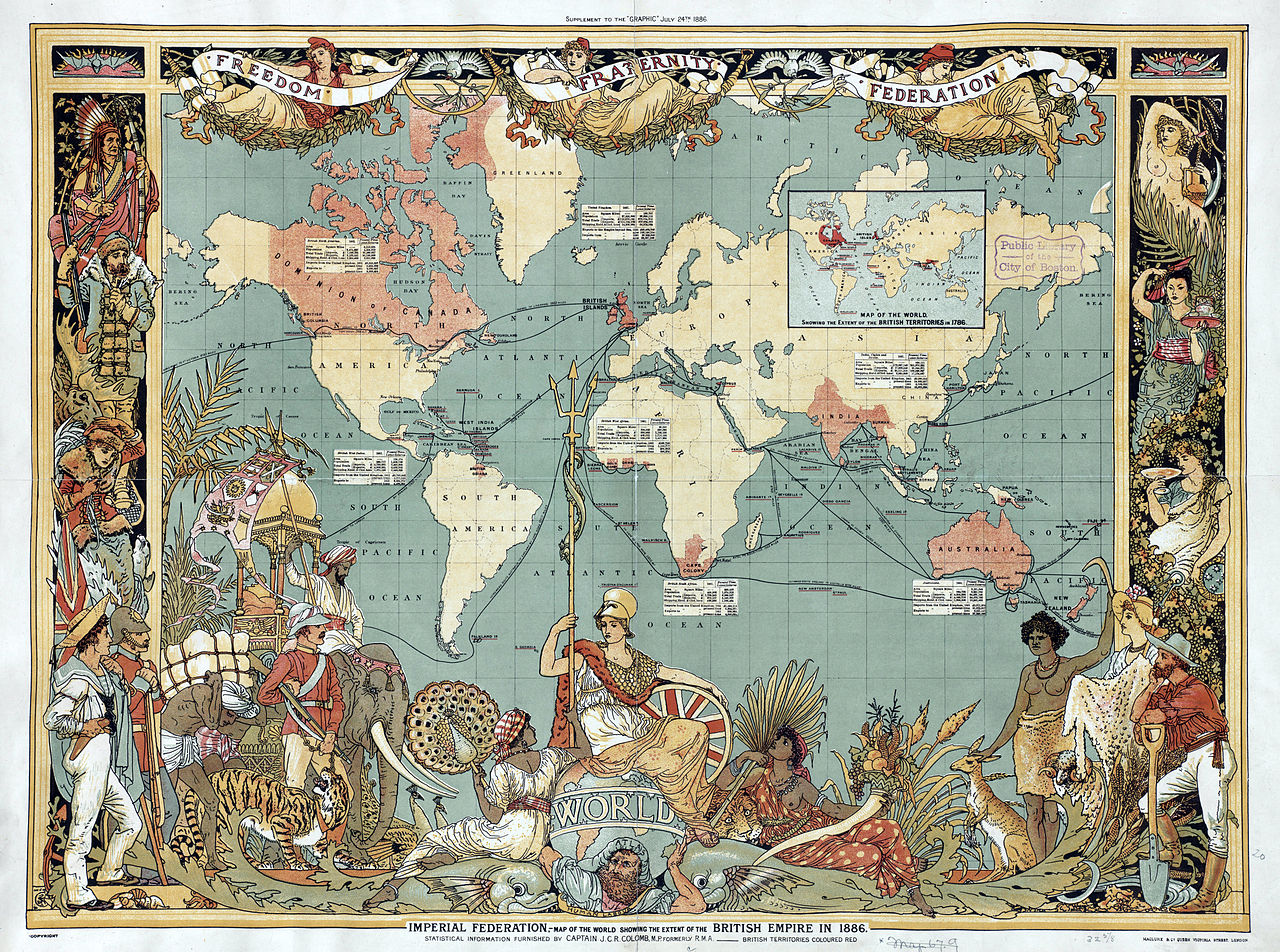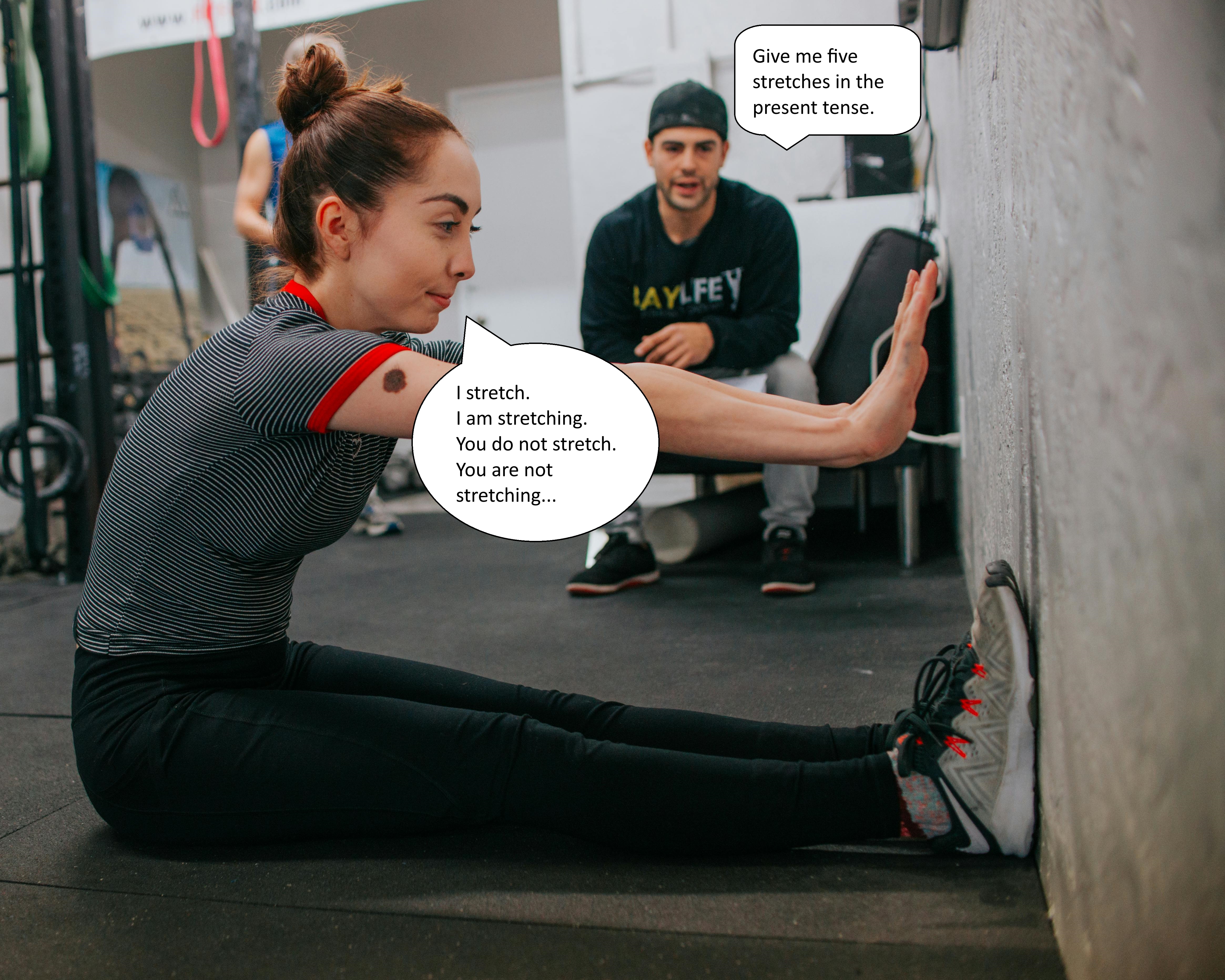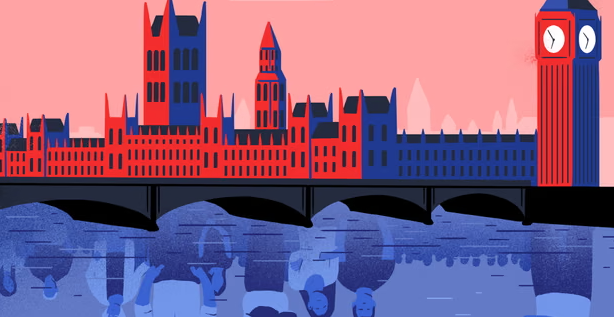
- Enseignant: Guillaume Clement
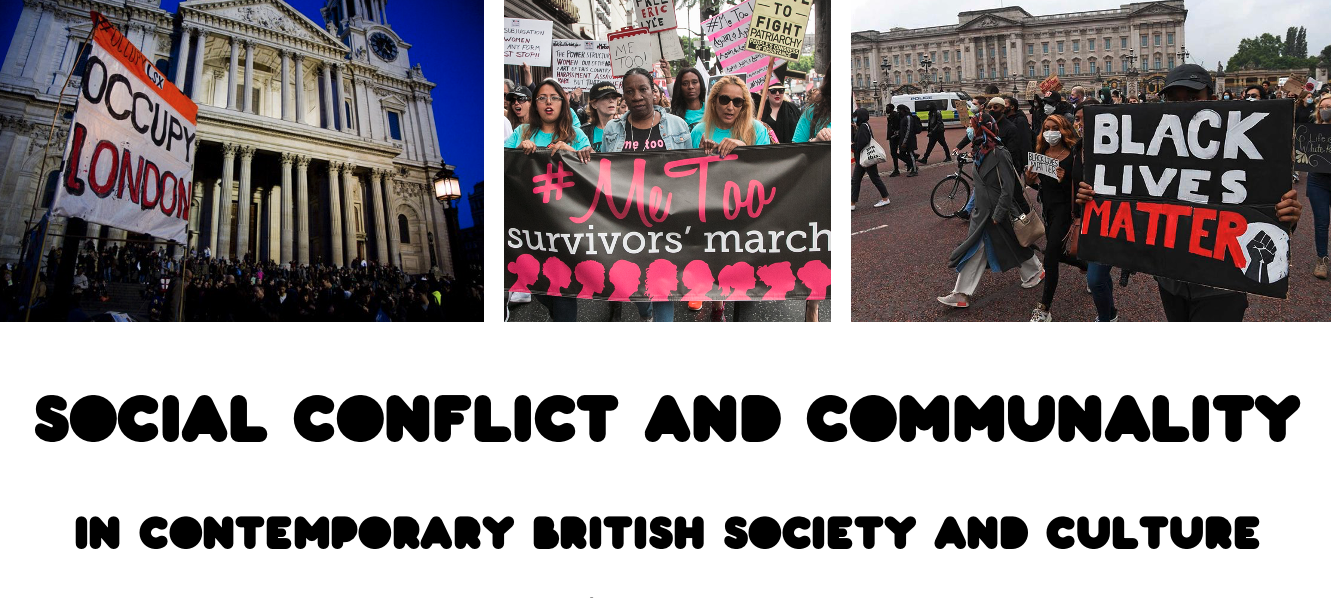
UE2 : Enjeux contemporains (Cultural Studies) - Cours de D. Haigron
Social conflict and communality: Class, gender, and race in contemporary British society and culture
British society is built on structural divisions based (mostly but not entirely) on class, gender and race, and its construction is driven by conflicts between categories of the population defending their respective interests in power relations, usually with an opposition between discriminated minorities and an hegemonic group. These conflicts have contributed to fostering communitarian identities and histories (Orgreave, Dagenham, #MeToo, Black Lives Matter, etc.), but have also found their place in collective national memory. This course will analyse social conflicts from a sociological and cultural perspective. The aim is to assess how they gained mythological status as defining landmarks, and how they participated in shaping British society. This will finally raise the question as to whether social conflict also —somehow paradoxically— helped build togetherness and communality, within or between the various sections of society.
Selected bibliography
BANYARD, Kat. The Equality Illusion: The Truth about Women and Men Today. Faber & Faber, 2010.
CANNADINE, David. The Undivided Past: Humanity Beyond our Differences. Alfred A. Knopf, 2013.
GILROY, Paul. There Ain’t No Black in the Union Jack: The Cultural Politics of Race and Nation. Routledge (1987), 2010.
HALL, Stuart, et al., eds. Representation. Sage & Open University, 2013.
JONES, Owen. Chavs: The Demonization of the Working Class. Verso, 2016.
PANAYI, Panikos. An Immigration History of Britain: Multicultural Racism since 1800. Longman, 2010.
SKEGGS, Beverley. Formations of Class and Gender: Becoming Respectable. Sage, 1997.
- Enseignant: David Haigron

Si vous êtes débutant.e en syntaxe (cf. étudiant.e ayant fait une Licence hors Rennes 2), pas d'inquiétude : le cours est structuré de manière à réviser/acquérir rapidement les bases de la syntaxe. Des pages de révision et des vidéos de révision sont disponibles sur la page du séminaire.
Le cours est en FRANCAIS.
- Enseignant: Anne-Laure Besnard
- Enseignant: Sandrine Oriez
- Enseignant: Manon Philippe
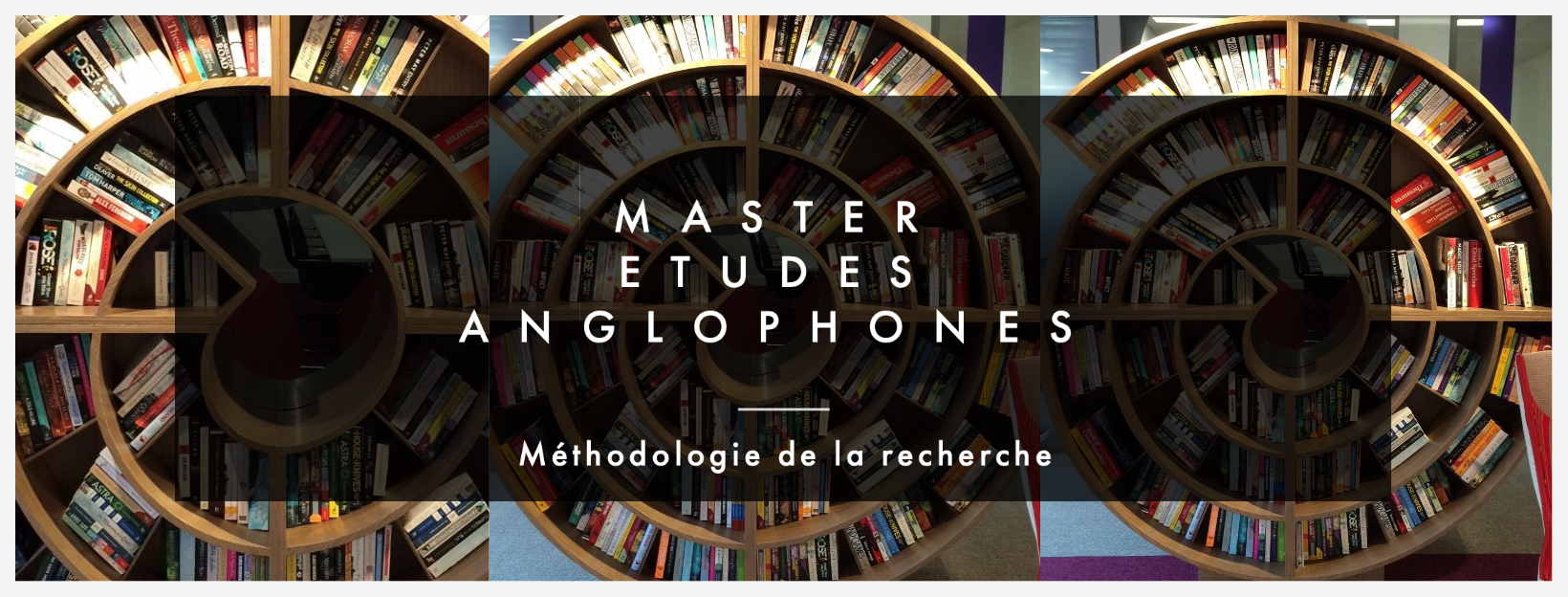
Chaque enseignant·e pourra y déposer des documents.
- Enseignant: Sylvie Bauer
- Enseignant: Anne-Laure Besnard
- Enseignant: Claire Bonnel
- Enseignant: Stephanie Croizet
- Enseignant: Tatiana Gafanhao
- Enseignant: Anne Goarzin
- Enseignant: David Haigron
- Enseignant: Anais Le Fevre-Berthelot
- Enseignant: Cyrielle Le Her
- Enseignant: Helene Machinal
- Enseignant: Grainne O'Keeffe Vigneron
- Enseignant: Sandrine Oriez
- Enseignant: Manon Philippe
- Enseignant: Isabelle Picault
- Enseignant: Lucie Ribourg
- Enseignant non éditeur: Yann Bevant
- Enseignant non éditeur: Aurore Caignet
- Enseignant non éditeur: Valerie Capdeville
- Enseignant non éditeur: Nicole Cloarec
- Enseignant non éditeur: Anita Cornic
- Enseignant non éditeur: Emilie Dardenne
- Enseignant non éditeur: Claudia Desblaches
- Enseignant non éditeur: Renee Dickason
- Enseignant non éditeur: Maggy Hary-Moussay
- Enseignant non éditeur: Jean Pierre Juhel
- Enseignant non éditeur: Anthony Larson
- Enseignant non éditeur: Pierre-Yves Le Cam
- Enseignant non éditeur: Claude Le Fustec
- Enseignant non éditeur: Gildas Le Voguer
- Enseignant non éditeur: Lesley Lelourec
- Enseignant non éditeur: Delphine Lemonnier-Texier
- Enseignant non éditeur: Mark Mcnaught
- Enseignant non éditeur: Sophie Mesplede
- Enseignant non éditeur: Adrian Morfee
- Enseignant non éditeur: Francoise Remond
- Enseignant non éditeur: Emma Renaud
- Enseignant non éditeur: Johanna Sauvage
- Enseignant non éditeur: Maria Tang
- Enseignant non éditeur: Florian Treguer
- Enseignant non éditeur: Aliette Ventejoux
02DMI811 Approfondissement linguistique (Master 1 Etudes Anglophones, Semestre 8, mineure) 2025-2026

- Enseignant: Anne-Laure Besnard
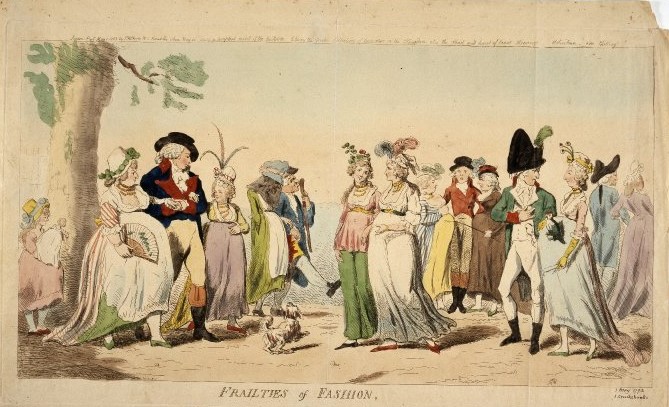
02DMI812 - “Gender and Society in Eighteenth-Century Britain”
Course description
This course will introduce students with the place of gender in eighteenth-century British society. The period from the Restoration to the Romantic era was marked by major economic, political, social and cultural transformations, which had a deep impact on the definition, construction and representation of gender roles in British society. Students will engage with key concepts and issues regarding gender and learn about the changing historically-determined constructions of gender across the period of the long-eighteenth century. Through a wide range of primary sources, they will become familiar with various aspects of the everyday lives of eighteenth-century men and women (education, fashion, leisure, politics, etc.) as well as with emerging debates on gendered norms and practices (social performance, male hegemony and female agency). Through the readings, discussions and assignments in this course, students will also gain a deeper understanding of the traditions of women’s history and its relationship to histories of masculinity and gender.
Selected bibliography
BARKER, Hannah & Elaine CHALUS (eds.), Gender in Eighteenth-century England: Roles, Representations and Responsibilities, London, New York: Longman, 1997.
BUTLER, Judith, Gender Trouble: Feminism and the Subversion of Identity, 2nd (1999). New York and London: Routledge, 1990.
CARTER, Philip, Men and the Emergence of Polite Society, Britain 1660-1800, London: Longman, 2001.
COHEN, Michèle & Tim HITCHCOCK (eds.), English Masculinities 1660-1800. London & NY: Longman, 1999.
FLETCHER, Anthony, Gender, Sex and Subordination in England, 1500-1800, London, 1987.
HARVEY, Karen, The Little Republic: Masculinity and Domestic Authority in Eighteenth-Century Britain, Oxford University Press, 2012.
SHOEMAKER, Robert B., Gender in English Society 1650-1850: The Emergence of Separate Spheres?, London: Longman, 1998.
SCOTT, Joan W., “Gender: A Useful Category of Historical Analysis”, American Historical Review 91 (1986): 1053–75.
VICINUS, Martha, Separate Spheres, Bloomington, 1974.
VICKERY, Amanda, The Gentleman's Daughter. Women's Lives in Georgian England, New Haven-London, Yale University Press, 1998.
YLIVUORI Soile, Women and Politeness in Eighteenth-Century England: Bodies, Identities, and Power, Routledge, 2018.
- Enseignant: Valerie Capdeville
- Enseignant: Melanie Dupere
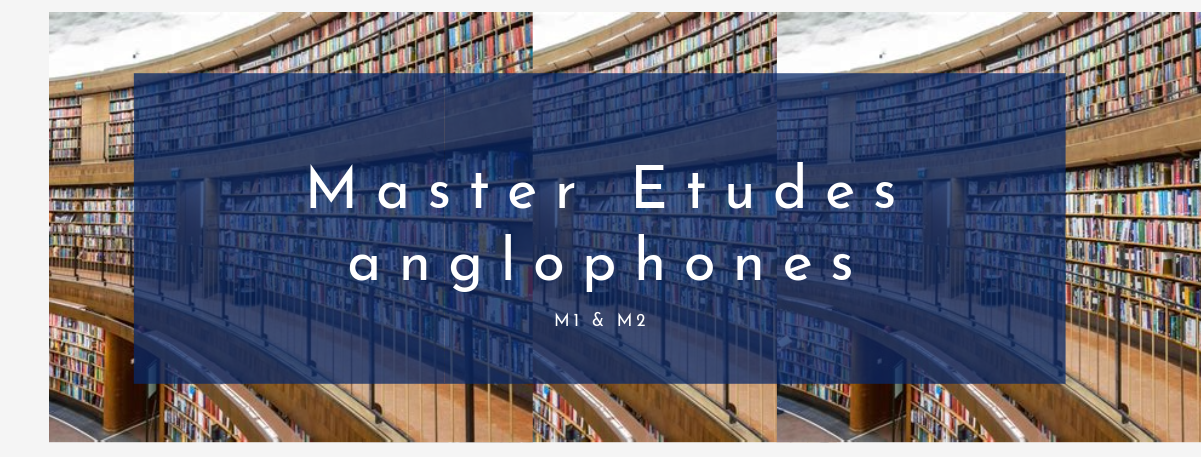
- Enseignant: Anais Le Fevre-Berthelot
- Enseignant non éditeur: Franck Barbin
- Enseignant non éditeur: Sylvie Bauer
- Enseignant non éditeur: Laurie Bereau
- Enseignant non éditeur: Anne-Laure Besnard
- Enseignant non éditeur: Yann Bevant
- Enseignant non éditeur: Aurore Caignet
- Enseignant non éditeur: Valerie Capdeville
- Enseignant non éditeur: Guillaume Clement
- Enseignant non éditeur: Anita Cornic
- Enseignant non éditeur: Claudia Desblaches
- Enseignant non éditeur: Laetitia Devos
- Enseignant non éditeur: Renee Dickason
- Enseignant non éditeur: Anne Goarzin
- Enseignant non éditeur: David Haigron
- Enseignant non éditeur: Maggy Hary-Moussay
- Enseignant non éditeur: Jean Pierre Juhel
- Enseignant non éditeur: Anthony Larson
- Enseignant non éditeur: Pierre-Yves Le Cam
- Enseignant non éditeur: Claude Le Fustec
- Enseignant non éditeur: Gildas Le Voguer
- Enseignant non éditeur: Lesley Lelourec
- Enseignant non éditeur: Delphine Lemonnier-Texier
- Enseignant non éditeur: Helene Machinal
- Enseignant non éditeur: Mark Mcnaught
- Enseignant non éditeur: Sophie Mesplede
- Enseignant non éditeur: Adrian Morfee
- Enseignant non éditeur: Grainne O'Keeffe Vigneron
- Enseignant non éditeur: Sandrine Oriez
- Enseignant non éditeur: Manon Philippe
- Enseignant non éditeur: Francoise Remond
- Enseignant non éditeur: Emma Renaud
- Enseignant non éditeur: Maria Tang
- Enseignant non éditeur: Donia Touihri-Mebarek
- Enseignant non éditeur: Florian Treguer
- Enseignant non éditeur: Aliette Ventejoux

- Enseignant: Sandrine Oriez
- Enseignant: Manon Philippe

- Enseignant: Anthony Larson

- Enseignant: Anne-Laure Besnard
- Enseignant: Anne Goarzin
- Enseignant: David Haigron
- Enseignant: Florian Treguer
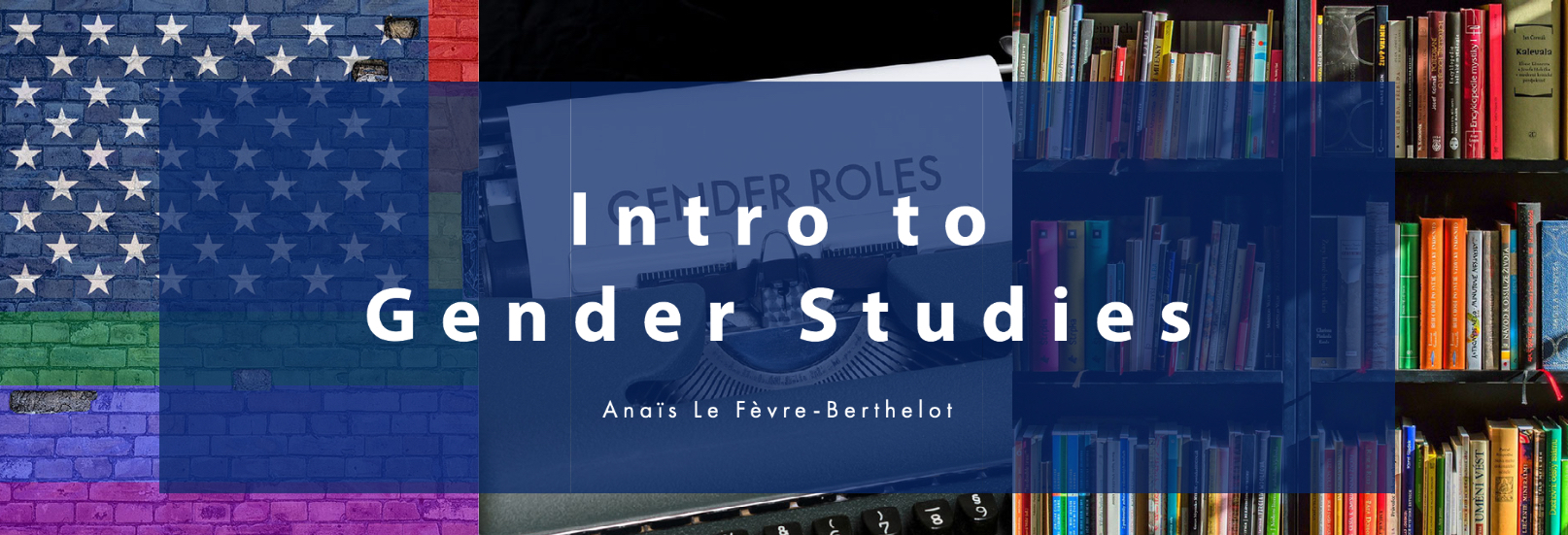
- Enseignant: Anais Le Fevre-Berthelot
- Enseignant: Adrian Morfee
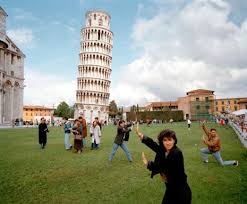
Photo : Copyright Martin Parr
- Enseignant: Anne Goarzin
- Enseignant non éditeur: David Haigron
- Enseignant: Adrian Morfee
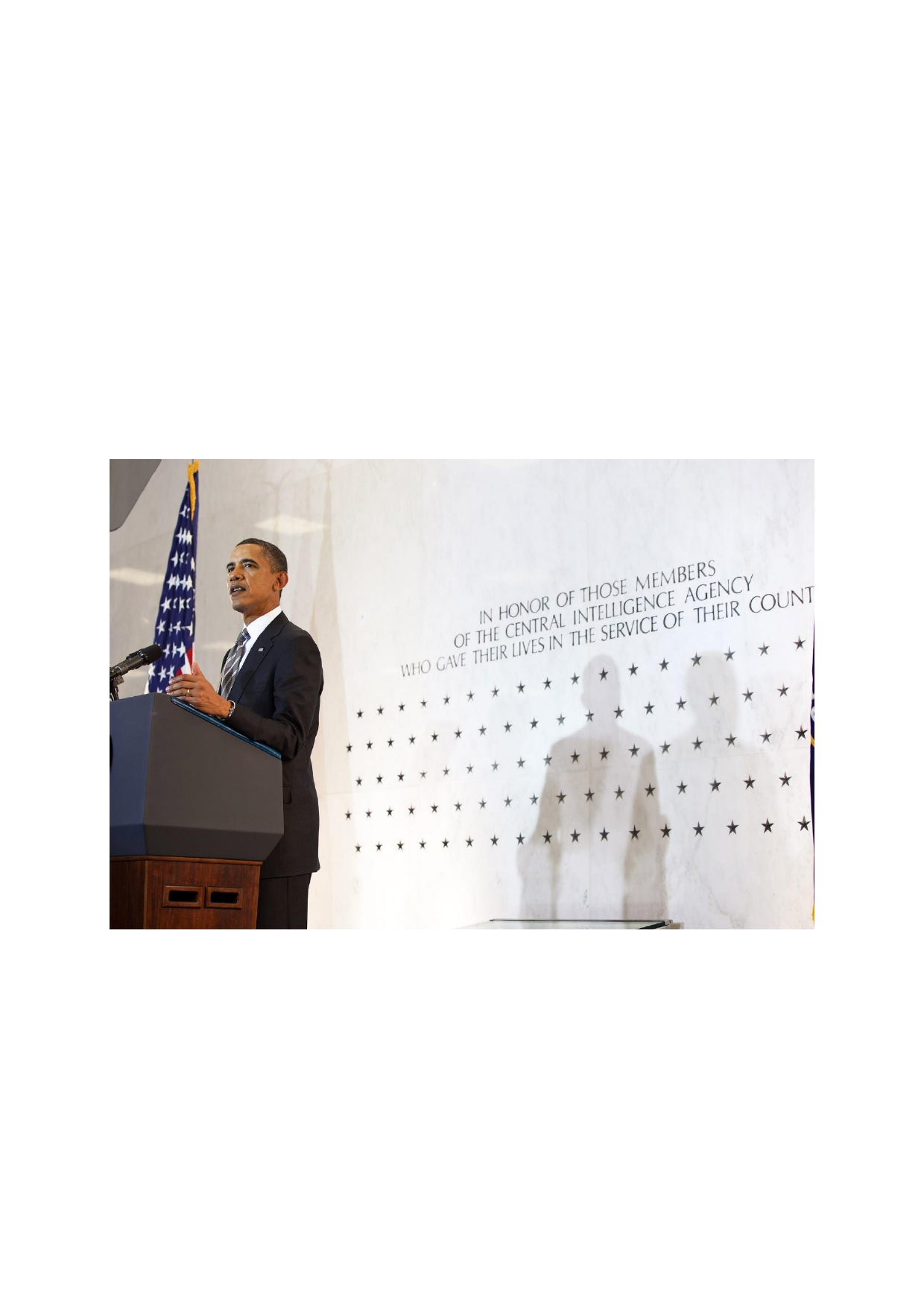
- Enseignant: Gildas Le Voguer
